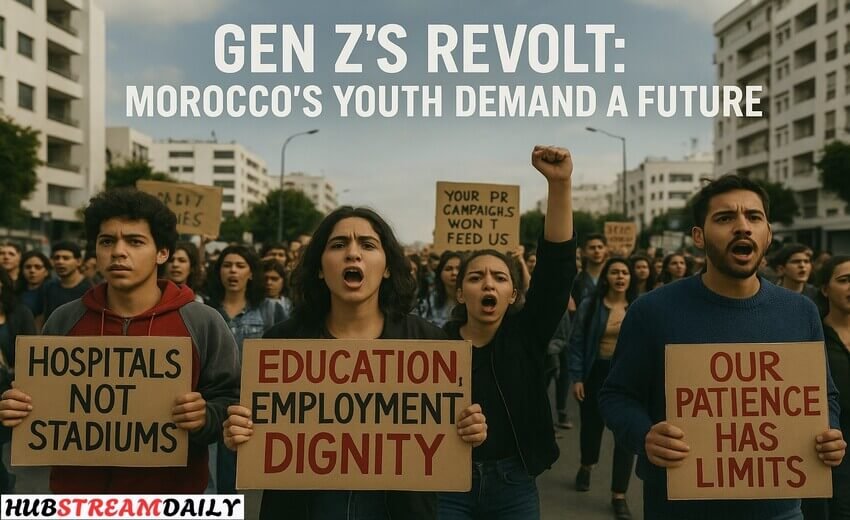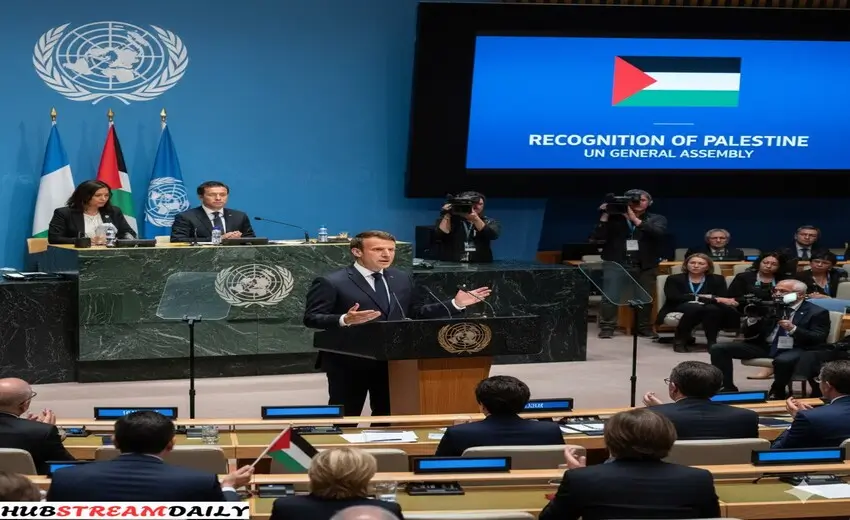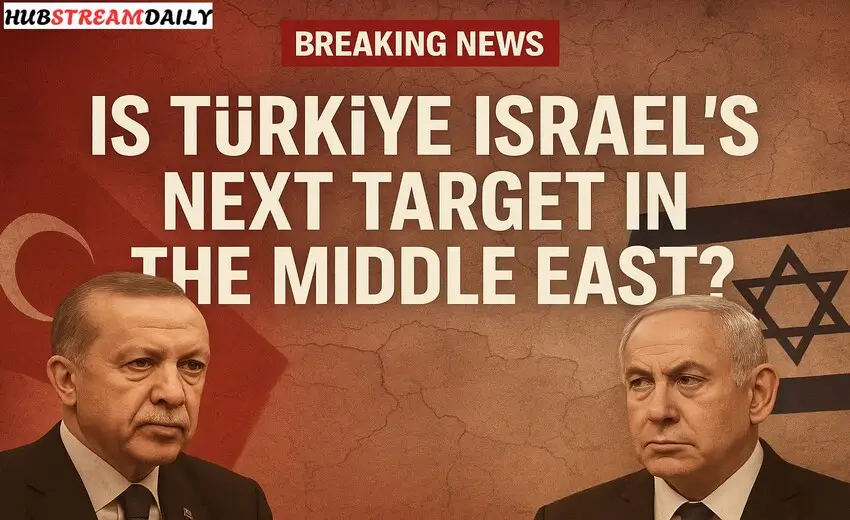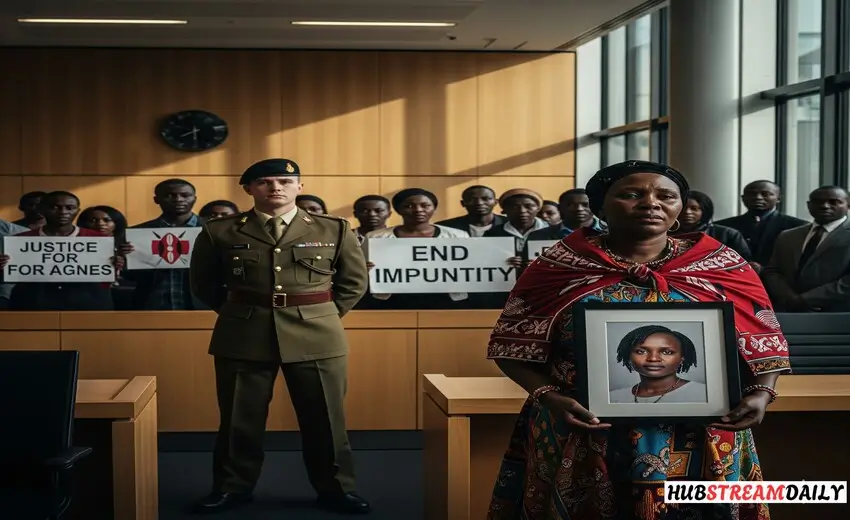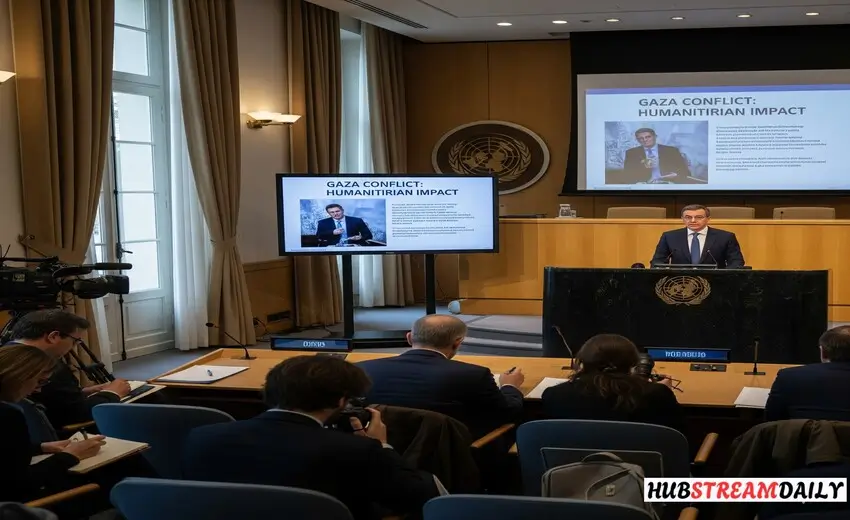
The human tragedy deepens as Gaza continues to bleed. So many innocent lives are on the line, and the world just watches.
For decades, Gaza has been a site of violence, tension and tragedy, but today the humanitarian cost of ongoing violence seems insurmountable—a global conscience shaken awake by the question of how many innocent lives must be lost before the bleeding stops?
Every headline from Gaza says the same thing. Families displaced, children collateral damage, unimaginable trauma from cities, hospitals and communities destroyed beyond imagination. Here, the victims are not merely numbers but lives still being lived, dreams still hatched, and futures snuffed out in Day Zero.
The Human Count
Reports indicate civilian death tolls in the hundreds due to the escalation and hundreds of those that died were women and children. Social media is full of images of destruction: Homes in rubble, parents clutching and weeping over their children, and the determined faces of people just trying to understand what they have just lost. Losing a life is losing a world, someone’s story cut short before it even started.
Think about the children of Gaza, who spend their youth in fear and uncertainty. For them, safety is precarious at best. While they try to go to school, they are interrupted by airstrikes. Playgrounds are now piles of rubble instead of a joyful experience. Their childhood laughter has been silenced by the cries of despair. How much more is left for them to endure?
An Incarceration of Violence
The cyclical nature of the conflict in Gaza is one of the most unfortunate features of this calamity. Retaliation produces retaliatory acts, and as soon as a political or territorial disagreement accelerates into violence, it becomes indiscriminate human suffering. Civilians simply end up dead in the middle—collateral damage as a result of decisions made above and beyond their control.
International humanitarian organizations and agencies repeat the same refrain for a ceasefire which then gets broken by a new round of violence. Given the ineffectiveness of any accountability or enforcement mechanism, innocent humans will continue to die in this tragedy. Every life lost should remind the world that there is no value to human life—yet too many times the life lost is treated as another statistic, another human story in the newspaper that will fade from our collective memory only days later.
The Survivors’ Voices
There are voices in the rubble; they are crying to be heard. Survivors share their losses, strength, and the overwhelming weight of grief. Mothers share the horror of losing children, fathers talk about homes that disappeared overnight, and young people tell the story of discovering childhood in a conflict zone.
As one survivor, a mother of three, said: “Every night I pray to God that I’ll awaken to a new morning with my children. But every morning there is a new siren, a new reason to be afraid, and more to mourn. How many more must die before the world cares?”
Their experiences are not unique; they are echoed throughout Gaza; together they form a story of anguish that demands attention.
Global Response and Responsibility
The world has spoken about Gaza, making statements regarding restraint, sending humanitarian aid, and calling for peace negotiations. However, even with these responses, the violence continues and innocent lives are lost every day.
So the question becomes, why does the world’s response always seem so inadequate? Is it, as many claim, a lack of political will, competing global challenges or the complexities of the conflict that limits the world’s response? Whatever the reason may be, it does not change the human cost. Each tragic fatality in the op-ed reflects that inaction has consequences, and that silence is complicity.
Hope in Times of Despair
Hope, even in the face of unimaginable despair seems to push forward. The tireless efforts of humanitarian organizations provide the necessary medical support, food, and shelter for the needy. The commitment of communities to come together and rebuild, share resources, and support the most vulnerable cannot be understated. Activists are committed to raising awareness, journalists are willing to risk their own lives to shine light on the truth, and ordinary people around the world are willing to carry the voices of the victims from Gaza.
Of course, hope alone cannot stem the tide of violence. It is time for tangible action, real diplomacy, and accountability. The life lost is a preventable life, and every passing day that the war goes on without resolution will convert innocents from victims to statistics.
An Urgent Appeal
The question before Gaza—and which should raise concern among the moral conscience of communities around the world is simple: how many innocent deaths it will take before the violence stops?
And this is not just a question for politicians, diplomats, or international organizations. It is a question for citizens around the globe. We can waste time pondering and waiting for leaders to act, but we must take notice, act ourselves, and pressure leaders to search for real solutions. Public scrutiny can prompt action, illuminate injustice, and create demands for accountability.
For every person that dies in Gaza, there is a life that has been cut short. Every child, parent, teacher, neighbor, and community that leaves this world is a moral disappointment to humanity. The cycle of violence may appear unending; history can tell a different story based on collective action, empathy, and persistence.
Stories That Need To Be Remembered
In these dark times, there are many stories of courage and humanity. Volunteers run to rescue those in need, neighbors shelter each other during airstrikes, and local doctors are treating people without supplies and working nonstop. These acts of courage signal to us that willingness, determination, hope, and resilience endure even when everything seems broken.
There is a picture of a young girl who lost her family in a bombing who keeps going to school in a makeshift classroom. She wants to continue studying, to honor her family and keep their memory alive. A father who lived through the destruction of his home is now organizing support in the community, seeking to gather and deliver aid to his neighbors to help them rebuild their lives. Stories like these illustrate the power of the human spirit to prevail despite a sustained attack and violence.
But hope alone will not end this war. The international community must intervene to mediate a lasting ceasefire, to stop the actions causing the humanitarian crisis, and to pursue a sustainable solution to the current conflict. Each day that passes without substantive action, we continue the suffering and the number of those killed continue to increase.
Finally, Gaza is more than a place of conflict; it is a human tragedy. The people of Gaza are not numbers, they are people with dreams and hopes and rights to live peacefully. As we observe, we must ask ourselves, how many more innocent lives will be lost before the bloodshed stops?
The answer is not acceptance, it is action. The world cannot ignore what is happening. The only way to stop loss of life is through diplomacy, humanitarian assistance, and justice. In the meantime, every report, every story, and every picture from Gaza must remind us all that they are real people and that every death from this tragedy counts.
The violence can end; it can stop, if, and only if, the world chooses to.

